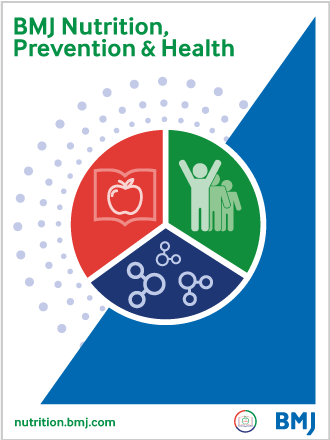It’s very exciting to have another research article published in a peer-reviewed journal, this time the BMJ Nutrition, Prevention & Health (BMJ is the new name for British Medical Journal).
You can read the full article here.
The article describes the structure and outcomes of a low carb real food course I designed and coordinated last summer in my role as an ambassador for the charity the Public Health Collaboration (PHC).
The programme would normally have been a face-to-face course, but because of covid restrictions we ran it on Zoom – a novel way of doing things at the time. The participants were happy on Zoom and, as well as achieving fantastic weight loss, they also significantly improved mental wellbeing, something that has not been considered in weight loss programmes before. For those who could supply blood pressure readings, blood pressure also improved.
We also found that two thirds of participants lost weight without hunger and with reduced food cravings, and 83% said they gained confidence and/or hope that they can improve their health.
We decided to submit these results as a research article because, despite covid-19 which has led to weight gain, and increased anxiety and mental ill health for so many, our programme helped people do the opposite. GPs are so busy dealing with covid and vaccination, it’s harder than ever for them to always give the help that’s needed for weight loss. And the extra help is needed because being overweight and/or having type 2 diabetes increases risk of serious complications from covid-19. We felt that sharing our programme’s outcomes would be useful and might provide hope to both healthcare practitioners and individuals that weight loss IS possible, even during such challenging times. And it can be done on Zoom!
There was no calorie counting or carb counting involved for participants.
This wasn’t a funded randomised controlled trial, and it only involved findings from 20 people, so in the hierarchy of ‘robust’ research evidence, our study is nowhere near the top. But our participants were real-world people living real-world lives who all achieved meaningful results, with just a few sessions on Zoom from the PHC (all facilitated by fantastic volunteers).
My co-authors were GP Dr Natalie Smith and statistician, and fellow PHC ambassador, Dr Christine Delon. Dr Smith is clinical director of the A31 Group Primary Care Network (a group of four GP practices in Hampshire) whose patients participated in the programme featured in the research article. Since this programme, a further 30 participants have completed the course and a new programme is underway.
You can read the press release about the research here.

